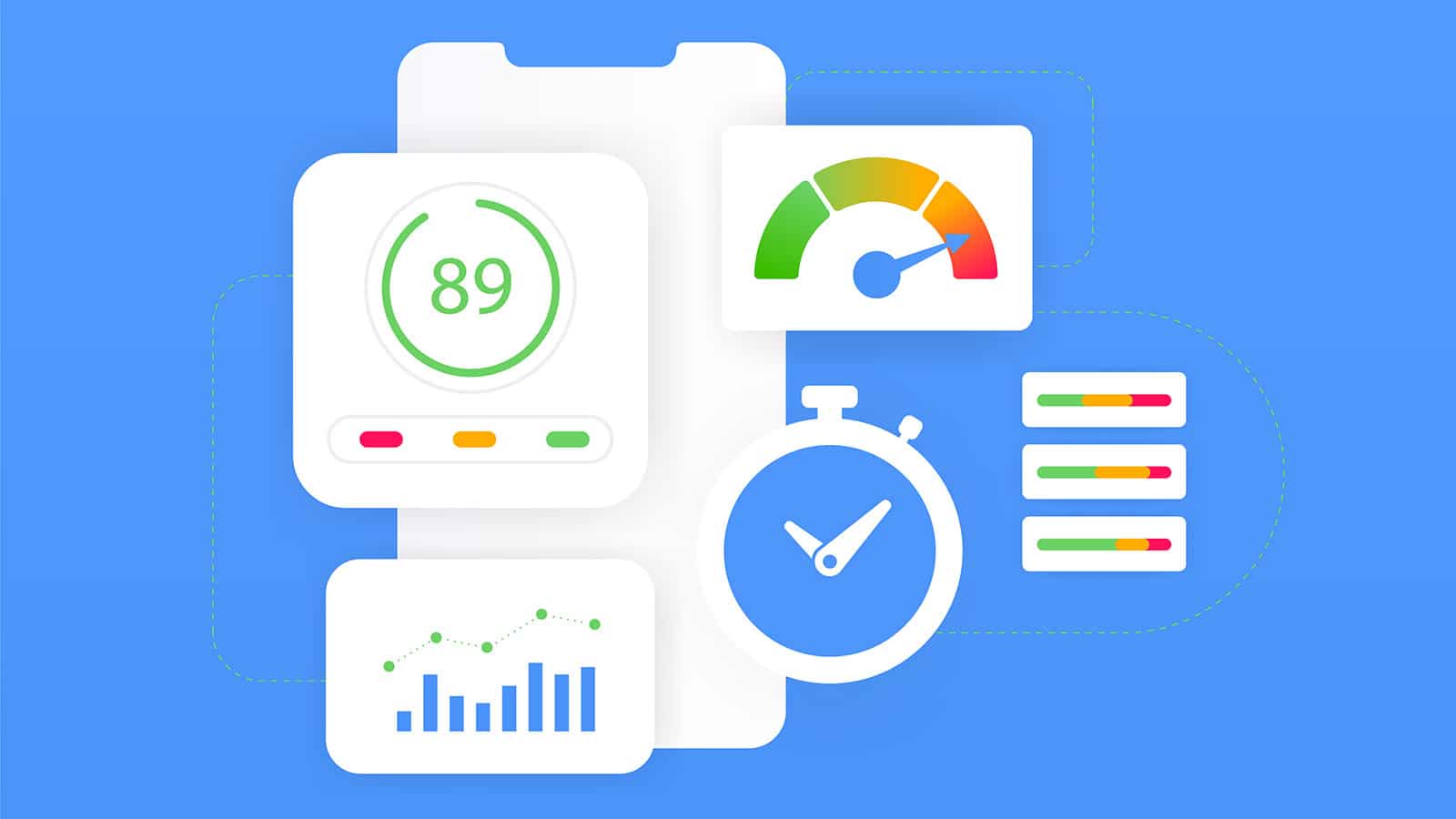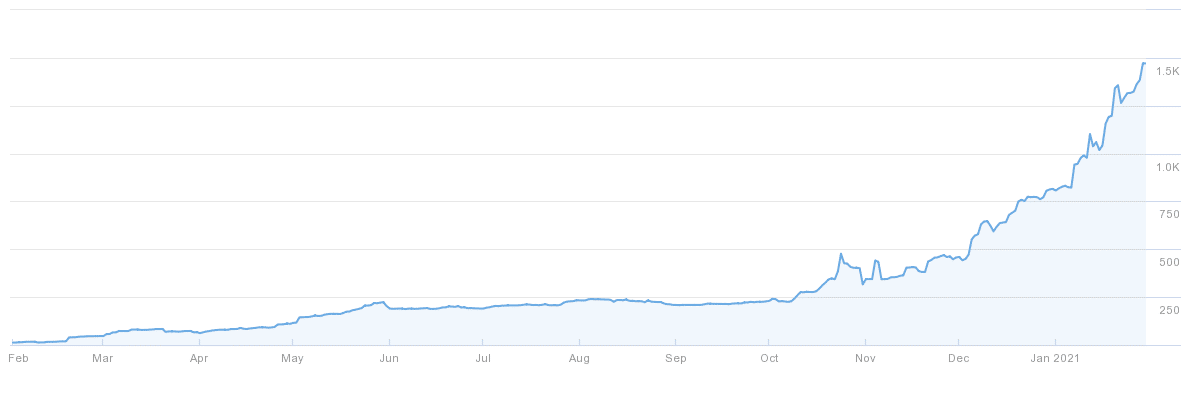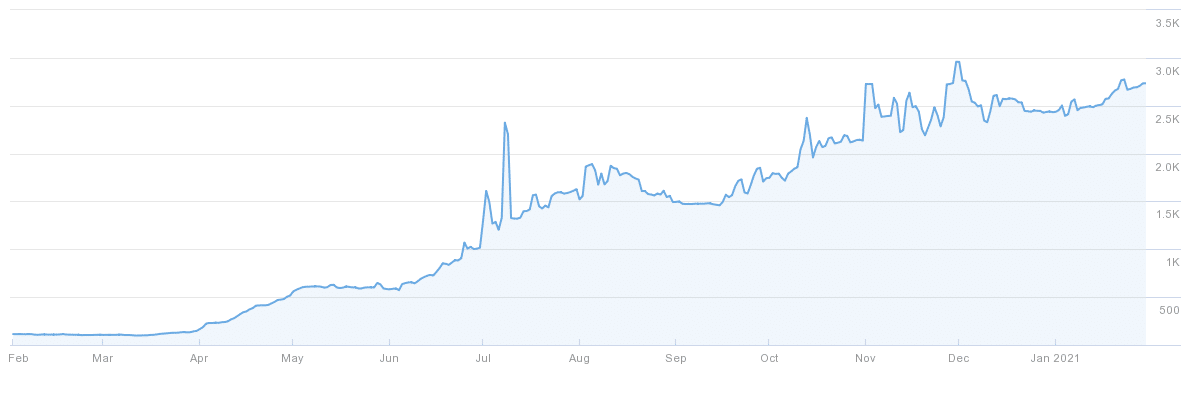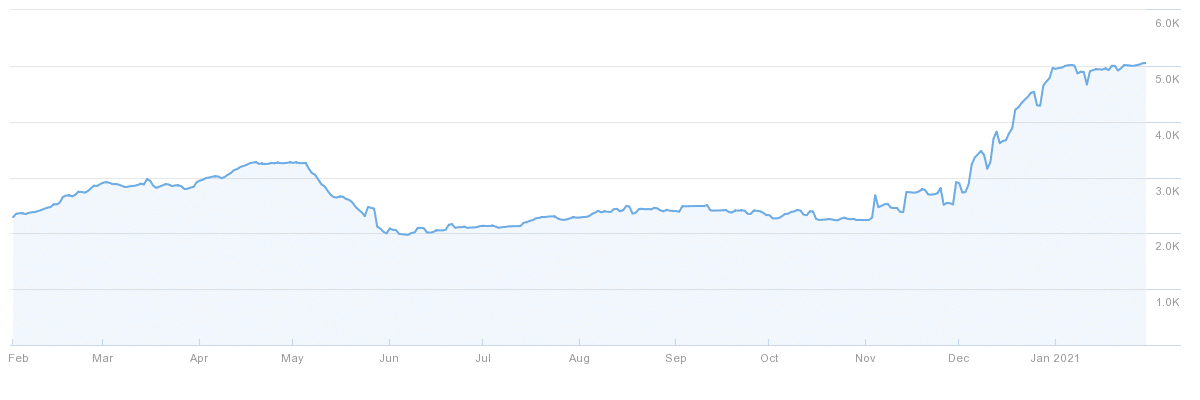What are the differences between and SEO Analyst and SEO Specialist?
The roles of an SEO Analyst and an SEO Specialist can overlap significantly, but there are also distinct differences in focus, responsibilities, and sometimes skills. Here’s a breakdown of how these roles typically differ:
Table of Contents
SEO Analyst
- Data-Focused: The primary role of an SEO Analyst is to study and interpret data related to website traffic, keyword rankings, and other metrics. They are more involved in the analytical, quantitative side of SEO.
- Technical Skills: They often possess strong skills in analytics tools like Google Analytics, SEMrush, or Ahrefs. They might also have experience with SQL or other data manipulation languages to extract and analyze large datasets.
- Reports and Insights: Their main deliverables usually include reports and insights that inform the company’s SEO strategies. They identify trends, track the success of SEO efforts, and provide actionable data to other team members.
- Strategy Development Support: While they may not always lead strategy development, they support it by providing data and evidence to back up strategic decisions.
SEO Specialist
- Broad SEO Tactics: An SEO Specialist typically handles a wide range of SEO tasks including on-page optimization, content strategy, link building, and keyword strategy. They are often more hands-on with the website.
- Implementation Focus: While they also use data and analytics, SEO Specialists are more likely to implement the strategies derived from that data. This might include optimizing content for specific keywords, improving meta descriptions, or ensuring site architecture supports SEO.
- Cross-functional Coordination: They often work across teams, coordinating with content creators, marketers, and web developers to implement SEO best practices and improve organic search results.
- Continuous Updates and Adjustments: SEO Specialists are also typically responsible for staying up-to-date with Google’s algorithms and adjusting strategies accordingly to maintain or improve search rankings.
Key Overlaps
- Both roles require a strong understanding of SEO best practices and search engine algorithms.
- Both use analytical tools to measure the effectiveness of SEO tactics.
- Both need to be adept at communicating their findings and recommendations to other team members or stakeholders.
Conclusion
In practice, the distinction between these roles can vary significantly depending on the size and structure of the organization. In smaller companies, one person might perform both roles, while in larger marketing departments, the roles can be more specialized and clearly defined. The main distinction tends to be that Analysts are more data-centric and Specialists are more implementation-focused.
What are the differences between and SEO Analyst and SEO Specialist?
















